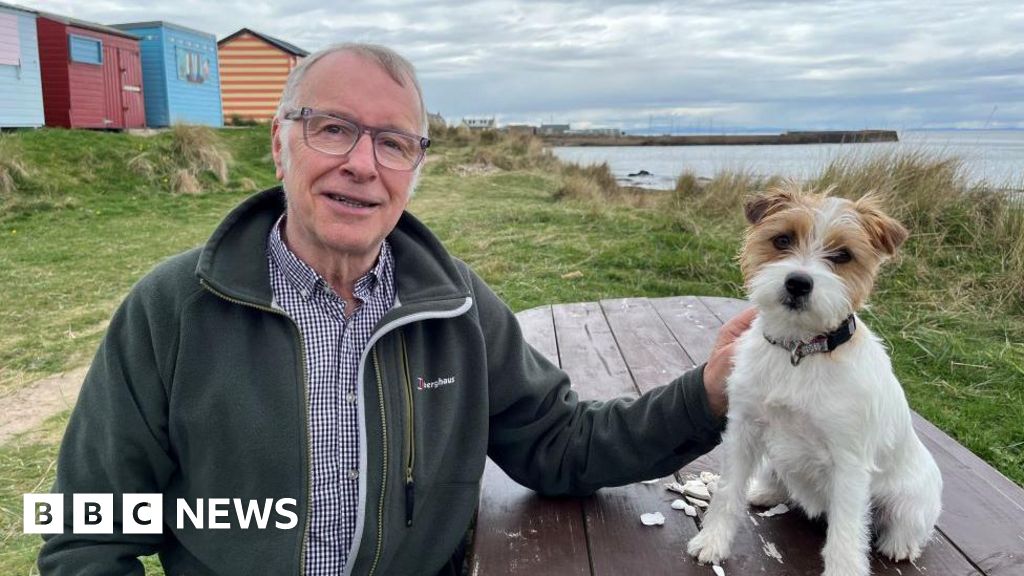ARTICLE AD BOX
By Gareth Lewis & Nelli Bird
BBC Wales News
Image source, Rachel Rankmore
Image caption, Cannabis-based medication has been "life-changing" for Bailey, pictured in the middle, his family sayThe life of a teenager who can have hundreds of epileptic seizures a day "hangs in the balance" without cannabis treatment, his parents say.
Bailey Williams' parents say getting the £1,200 needed each month has become harder during the pandemic.
Without the drug they fear the 19-year-old's body may need to be "shut down" in hospital to control his condition.
The Welsh government said doctors must take account of evidence and guidelines before prescribing.
Bailey's parents Craig Williams and Rachel Rankmore are part of a group presenting a petition to Downing Street later, which is calling for an emergency compassionate fund for patients like Bailey.
They want both UK and Welsh governments to act.
Campaigners say they have gathered more than 600,000 signatures.
The UK government changed the law in 2018 to make prescribing medical cannabis legal.
But pressure group End Our Pain says only three such prescriptions have since been made on the NHS, with many families forced to go private.
Mr Williams and Ms Rankmore, from Cardiff, said they had encountered reluctance to prescribe on the NHS and have had to use a doctor in London who is willing to do so privately.
"If Bailey had to come off his medication now because we could not afford it, the only other treatment available to him would be palliative care," said Ms Rankmore.
"They would take him into hospital and shut down his body to try and stop the seizures.
"He has tried every other drug."
Mr Williams explained the cannabis-based medicine had been life-changing and prevented his son from having hundreds of seizures a day.
"Bailey has been on this medicine now for five-and-a-half years, and in five-and-a-half years we have not had an ambulance visit," he said.
"In five-and-a-half years we have not had an overnight stay in hospital, and yet they seem to say, for whatever reason, that there is no proof that it is working."
Image source, Rachel Rankmore
Image caption, Bailey uses the medicine to control his seizuresSome doctors still have doubts about the effectiveness and safety of cannabis-based medicine, despite it now being legal.
In March 2021, the National Institute for Health and Care Excellence (NICE) clarified its guidance to say health professionals could consider the products "where clinically appropriate in an individual case".
Cardiff and Vale health board passed on queries about its policies to the Welsh government.
The Welsh government said cannabis-based Epidyolex was routinely available for "some forms of severe refractory epilepsy".
A spokesman said: "We expect healthcare professionals to take account of all evidence and recognised guidelines before prescribing.
"The decision to prescribe unlicensed cannabis-based medicinal products is for individual prescribers in consultation with the patient, their families, carers or guardian; the primary concern of doctors will always be to ensure the safety of their patients.
"Where an NHS healthcare professional wishes to prescribe these products arrangements are in place for the NHS to consider and where appropriate meet their cost."

 3 years ago
154
3 years ago
154








 English (US) ·
English (US) ·